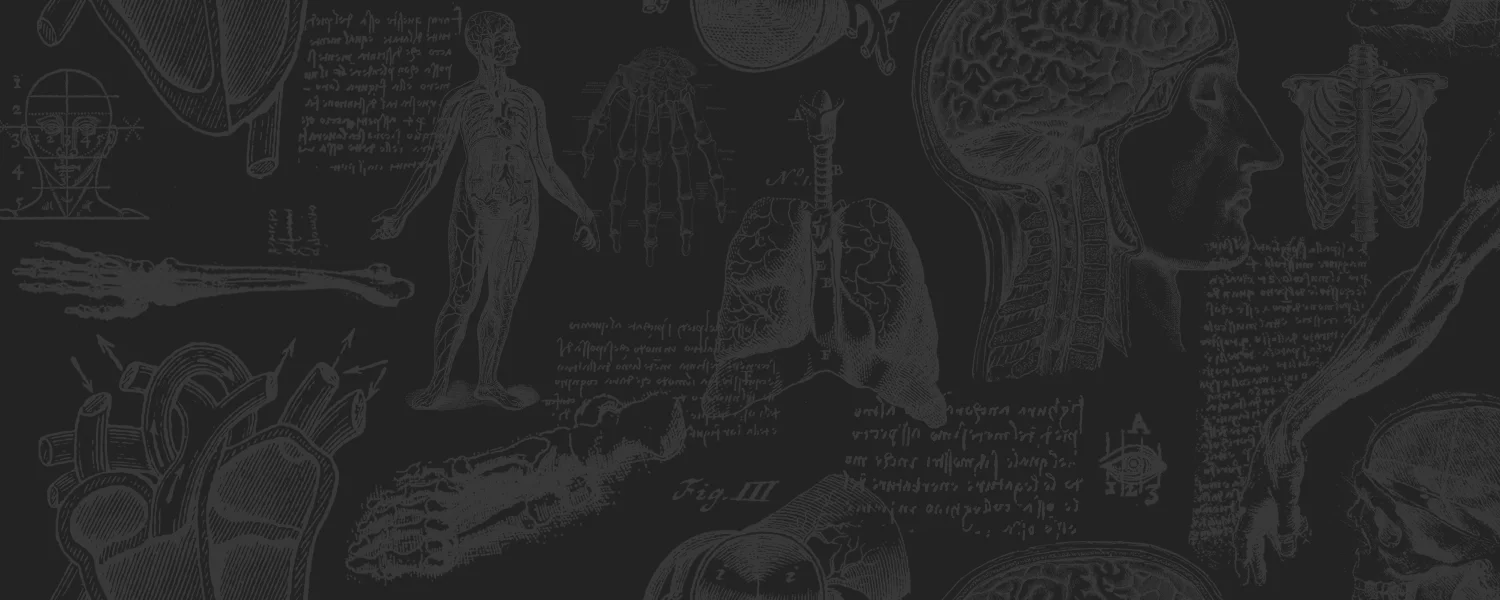Research
Research in the Emotion Lab is broadly concerned with understanding the nature and function of human emotion, using a range of tools—standard laboratory experiments, implicit and explicit behavioral measures, and ambulatory assessments and psychophysiology. Current topics of interest include:
Positive Emotions and Health
Theory and empirical research suggest that the experience of high positive affect conveys many desirable life outcomes, the summative effects of which may be delaying the onset of disease and extending healthy functioning.
We are particularly interested in the pathways linking positive emotions to quality living and health morbidities in both healthy and clinical populations. Ongoing work in the lab explores the role of positive affect in both resilience-enhancing and vulnerability-inducing health outcomes.
Individual Differences in Emotional Complexity
There is tremendous variety in the emotional states that constitute everyday life. Some people have emotional experiences that are wide in range and well differentiated, while others experience emotions in a highly diffuse and global manner.
Work on this front is just beginning. We have been interested in individual differences, especially those that have relevance for differentiation of emotional experience over time. In particular, our lab has examined individual differences factors (e.g., neuroticism, cognitive simplicity, resilience) that account for variability in the structure of emotions over time and between persons. More recent investigations have explored how the breadth and relative abundance of emotions that individuals experience is associated with mental and physical health.
Emotions and Daily Experience
Emotions fluctuate over time and are responsive to everyday events. Three broad questions drive this work. First, are level and stability of emotion distinct dimensions along which individuals can be characterized? Second, is emotion intraindividual variability a meaningful predictor of mental and physical health? And how do early environments promote the development of conditional or contingent emotional reactions to everyday experiences.
Current projects focus on emotional reactivity and psychobiological processes relevant to health, including inflammatory, neuroendocrine, and restorative processes.
SELECTIVE PUBLICATIONS
Ong, A. D., Wang, L., Fang, Y., Zhang, G., Joiner, R. J., Wilcox, K. T., & Bergeman, C. S. (2024). Affect dynamics and depressive symptomatology: Revisiting the inertia-instability paradox. Emotion. pdf
Cintron, D. W., & Ong, A. D. (2024). Trajectories of affective well-being and survival in middle-aged and older adults. Emotion, 24, 1149–1156. pdf
Rush, J., Ong. A. D., Piazza, J. R., Charles, S. T., & Almeida, D. M. (2024). Too little, too much, and ‘just right’: Exploring the ‘goldilocks zone’ of daily stress reactivity. Emotion, 24, 1249-1258. pdf
Ong, A. D., Wilcox, K. T., Moskowitz, J. T., Wethington, E., Addington, E. L., Sanni, M., Kim, P., & Reid, M. C. (2023). Feasibility, acceptability, and preliminary efficacy of a positive affect skills intervention for adults with Fibromyalgia. Innovation in Aging. pdf
Ong, A. D., Urganci, B., Burrow, A. L., & DeHart, T. (2022). The relational wear and tear of everyday racism among African American couples. Psychological Science, 33, 1187-1198. pdf
Ong, A. D, Thoemmes, F., Ratner, K., Ghezzi-Kopel, K., & Reid, M. C. (2020). Positive affect and chronic pain: A preregistered systematic review and meta-analysis. PAIN®, 151, 1140-1149. pdf
Willroth, E. C., Ong, A. D., Graham, E. K., & Mroczek, D. K. (2020). Being happy and becoming happier as independent predictors of physical health and mortality. Psychosomatic Medicine, 82, 650-657. pdf
Ong, A. D., Benson, L. Zautra, A., & Ram, N. (2018). Emodiversity and biomarkers of inflammation. Emotion, 13, 3-14. pdf
Ong, A. D., Kim, S., Young, S., & Steptoe, A. (2017). Positive affect and sleep: A systematic review. Sleep Medicine Reviews, 35, 21-32. pdf
Ong, A. D., Zautra, A., & Finan, P. H. (2017). Inter- and intra-individual variation in emotional complexity: Methodological considerations and theoretical implications. Current Opinion in Behavioral Sciences, 15, 22-26. pdf
Sin, N. L., Ong, A. D., Stawski, R. S., & Almeida, D. M. (2017). Daily positive events and diurnal cortisol rhythms: Examination of between-person differences and within-person variation. Psychoneuroendocrinology, 83, 91-100. pdf
Sin, N. L., Graham-Engeland, J. E., Ong, A. D., & Almeida, D. M. (2015). Affective reactivity to daily stressors is associated with inflammation. Health Psychology, 34, 1154-1165. pdf
Ong, A. D., Exner-Cortens, D., Riffin, C., Steptoe, A., Zautra, A., & Almeida, D. (2013). Linking stable and dynamic features of positive affect to sleep. Annals of Behavioral Medicine, 46, 52-61. pdf
Ong, A. D. (2010). Pathways linking positive emotion and health in later life. Current Directions in Psychological Science, 19, 358-362. pdf
Ong, A. D., Bergeman, C. S., Bisconti, T. L., & Wallace, K. A. (2006). Psychological resilience, positive emotions, and successful adaptation to stress in later life. Journal of Personality and Social Psychology, 91, 730-749. pdf
Collaborators
Andrew Steptoe, University College London
Nancy Sin, University of British Columbia
Patrick Finan, Johns Hopkins University
Judith Moskowitz, Northwestern Medicine
Felix Thoemmes, Cornell University

